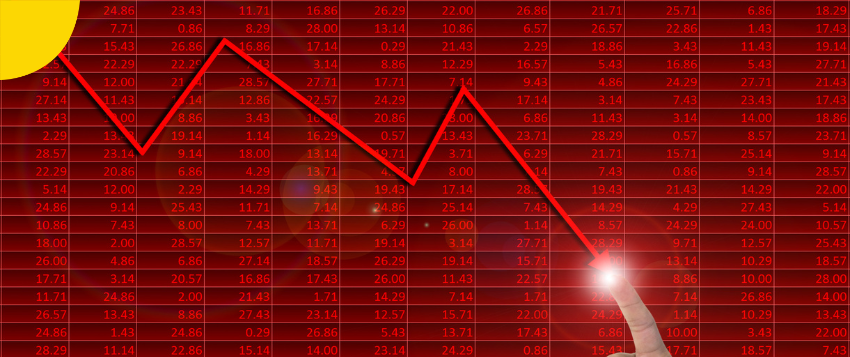Having a solid grasp of basic forex trading terms is essential, but to truly excel in the forex market, traders need to understand more advanced concepts and terms. This article delves into the advanced terminology and strategies that can help forex traders elevate their trading skills and make more informed decisions.
Table of Contents
Stop-loss order

A stop-loss order is a risk management tool used to limit potential losses in a trade. It is an order placed with a broker to buy or sell a currency pair when it reaches a specified price. By setting a stop-loss order, traders can automatically exit a position if the market moves against them, helping to protect their capital. This tool is crucial for maintaining discipline and managing risk, especially in a highly volatile market like forex.
Take-profit order
A take-profit order is used to lock in profits when a currency pair reaches a specified price. It is an order placed with a broker to automatically close a position once it hits the target profit level. Take-profit orders help traders secure gains and avoid the risk of the market reversing before they manually close the trade. Using both stop-loss and take-profit orders in tandem can create a balanced risk management strategy.
Technical analysis

Technical analysis involves using historical price data, charts, and technical indicators to predict future price movements. Traders analyse these patterns and trends to make informed decisions about entry and exit points. Common technical indicators include moving averages, relative strength index (RSI), and Fibonacci retracements. Advanced traders often use multiple indicators and chart patterns to refine their strategies and improve accuracy.
Fundamental analysis
Fundamental analysis focuses on evaluating the economic, political, and social factors that influence currency values. Traders use this analysis to assess the overall health of an economy and predict currency movements based on interest rates, employment data, GDP growth, and geopolitical events. Combining fundamental analysis with technical analysis provides a more comprehensive view of the market, allowing traders to make well-rounded decisions.
Market order

A market order is an order to buy or sell a currency pair at the current market price. It is executed immediately, ensuring that the trader enters or exits a position without delay. Market orders are useful when traders need to act quickly based on market conditions. However, the execution price may differ from the expected price during periods of high volatility, so traders should use them with caution.
Limit order
A limit order is an order to buy or sell a currency pair at a specific price or better. It allows traders to enter or exit positions at a predetermined price, providing more control over trade execution. Limit orders are beneficial when traders anticipate a specific price movement and want to capitalise on it. They are particularly useful in avoiding the risks associated with market orders during volatile periods.
Slippage

Slippage occurs when an order is executed at a different price than expected, typically due to high volatility or rapid market movements. It can result in higher costs or reduced profits. Understanding slippage is essential for managing expectations and developing strategies to mitigate its impact. Using limit orders and trading during less volatile periods can help minimise slippage.
Hedging
Hedging is a strategy used to reduce risk by taking offsetting positions in related markets. In forex trading, hedging involves opening a trade that will gain value if another trade loses value. This technique helps protect against adverse market movements and potential losses. While hedging can be an effective risk management tool, it requires careful planning and understanding of market correlations.
Arbitrage

Arbitrage involves taking advantage of price discrepancies in different markets to make a profit. In forex trading, this can mean buying a currency in one market at a lower price and simultaneously selling it in another market at a higher price. Arbitrage opportunities are typically short-lived and require quick action, advanced trading tools, and low transaction costs to be profitable.
Carry trade
A carry trade involves borrowing money in a currency with a low-interest rate and investing it in a currency with a higher interest rate. The goal is to profit from the interest rate differential between the two currencies. Carry trades can be lucrative but come with significant risk, particularly if there are sudden changes in interest rates or exchange rates. Traders must carefully monitor economic indicators and central bank policies to manage these risks effectively.
Mastering these advanced forex trading terms and concepts is crucial for traders looking to elevate their skills and achieve greater success in the market. By understanding and applying these strategies, traders can enhance their trading knowledge, manage risks more effectively, and increase their chances of making profitable trades. Continuous education and practice are key to navigating the complexities of the forex market and achieving long-term financial goals.






